Nepal Jesuit Social Institute has always taken education as a major tool to create a better society and has been working to enhance the quality of education in the rural communities by constructing school buildings and providing necessary educational materials. A need assessment is done before providing the materials. On 27th October 2018, NJSI team went to Shree Saraswati Secondary School and Janachetana Basic School of Sindhupalchowk district to know the gap between current conditions and desired conditions as a need assessment. In Shree Saraswati Secondary School, classes run from Nursery to ten with 180 students and in Janachetana Basic School classes are from ECD to 3rd standard with 31 students.
The need assessment started with an interview with Gyanendra Kumar Nepal, Principal of Shree Saraswati Secondary School. The interview helped to know more about the school and rank their necessity. Interaction with students were also done which helped in analyzing the condition of the school as well as students. After that, the team went for second assessment at Janachetana Basic School. There also the principal of the school, Deuti Neupane was interviewed.
Everyone especially the students were open to interact and answer. The principals of both the schools including the staffs and students were grateful to NJSI for providing a hope to the betterment of the school. The hope for the support in future made the school motivated to progress in their education.

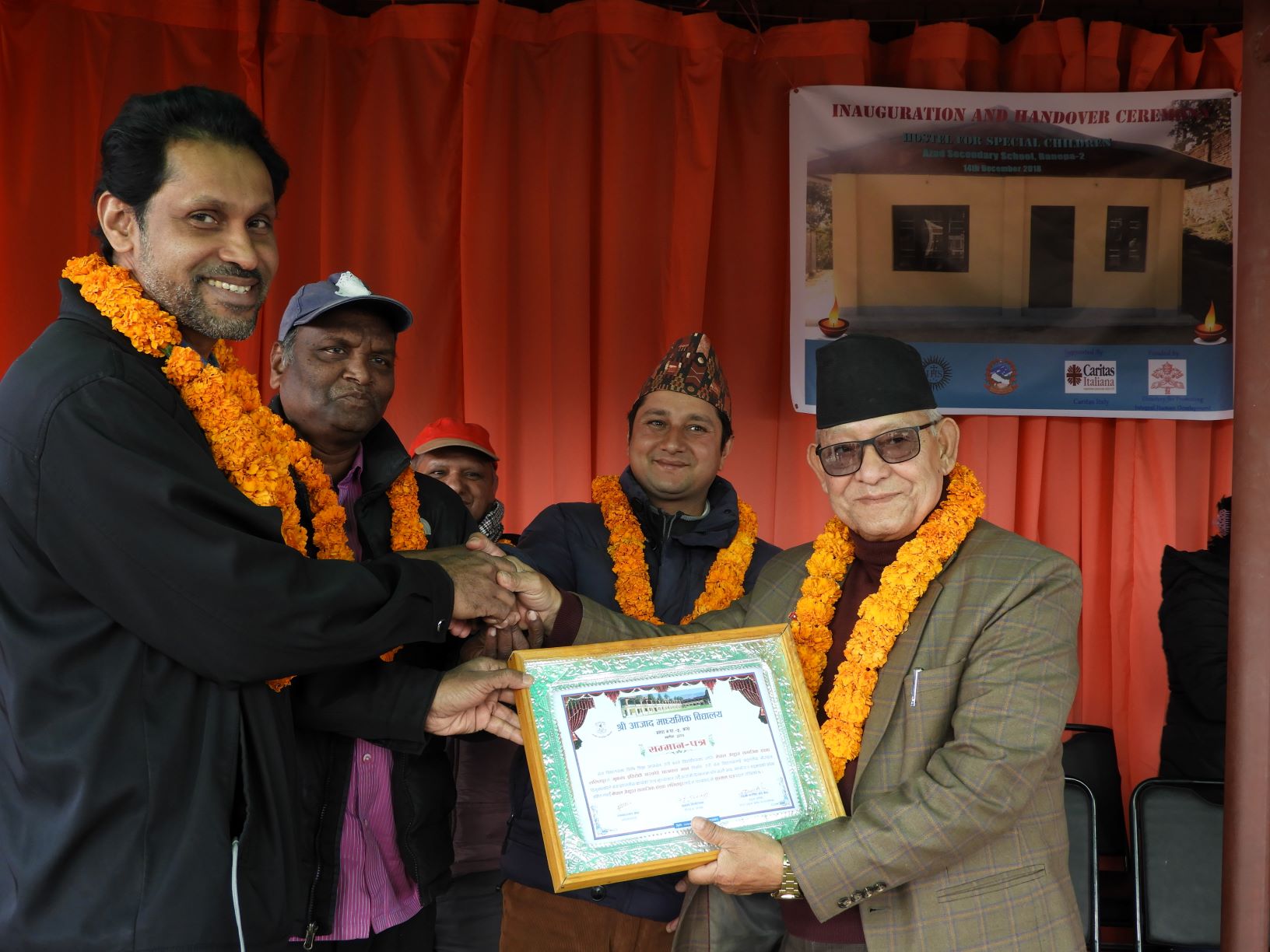
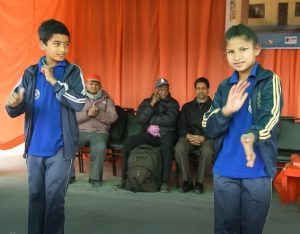
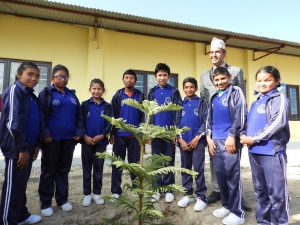 On 14th of December 2018, an official handover ceremony of the hostel in the presence of the beneficiary students, their parents, Azad school students, and govt. officials and teaching staff was conducted. The event continued with speeches from the chairperson of the program, SMC chairperson, Mayor, Fr. Roy, Fr. Arul, the Principal and a guardian. One of the student also expressed vote of thanks using sign language which was pretty impressive. At last the mayor cut the ribbon and NJSI handed over the keys to the school management committee. The best part of the event was two deaf children dancing on an audible song. They learnt the dance step using sign language.
On 14th of December 2018, an official handover ceremony of the hostel in the presence of the beneficiary students, their parents, Azad school students, and govt. officials and teaching staff was conducted. The event continued with speeches from the chairperson of the program, SMC chairperson, Mayor, Fr. Roy, Fr. Arul, the Principal and a guardian. One of the student also expressed vote of thanks using sign language which was pretty impressive. At last the mayor cut the ribbon and NJSI handed over the keys to the school management committee. The best part of the event was two deaf children dancing on an audible song. They learnt the dance step using sign language.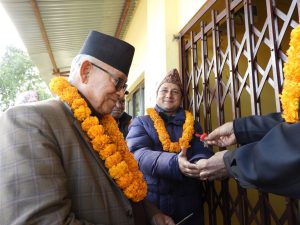 The Students were very happy to have a new hostel and so were the teachers. In their previous hostel, they did not have a good place. They barely had space to move around. But now, after getting a new huge space to live and perform their daily activities, they promised that they will take care of it. Even all the guests who visited the hostel shared their appreciative words towards NJSI.
The Students were very happy to have a new hostel and so were the teachers. In their previous hostel, they did not have a good place. They barely had space to move around. But now, after getting a new huge space to live and perform their daily activities, they promised that they will take care of it. Even all the guests who visited the hostel shared their appreciative words towards NJSI.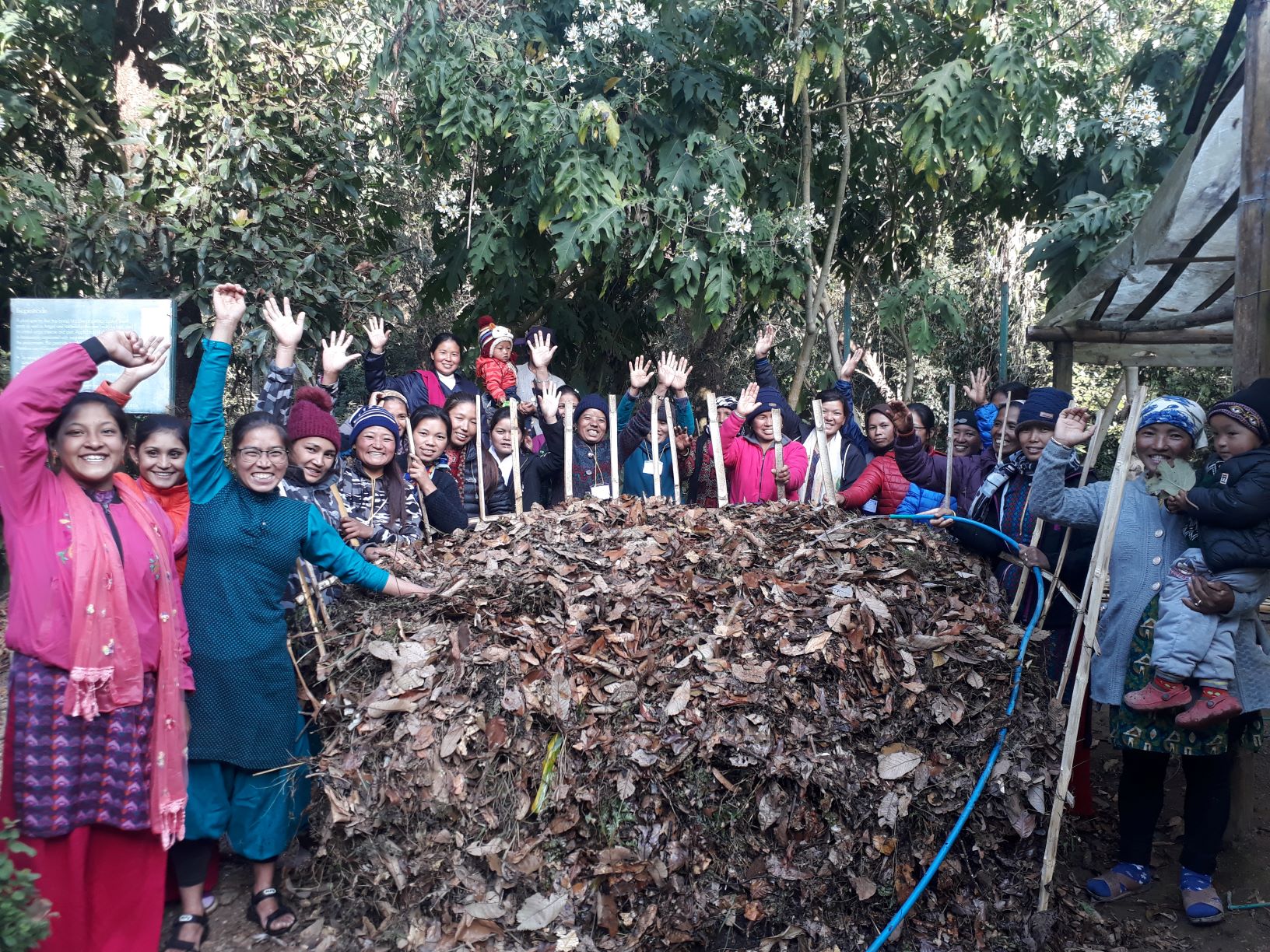
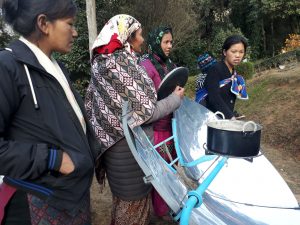
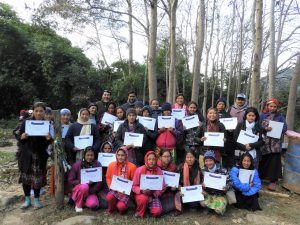 The participants responded positively and they were responsive throughout the training. They were making promises that they will start using the learnt technique soon after they reach the village. Happiness was seen in their faces as they get to learn new things for improving their lifestyle.
The participants responded positively and they were responsive throughout the training. They were making promises that they will start using the learnt technique soon after they reach the village. Happiness was seen in their faces as they get to learn new things for improving their lifestyle.